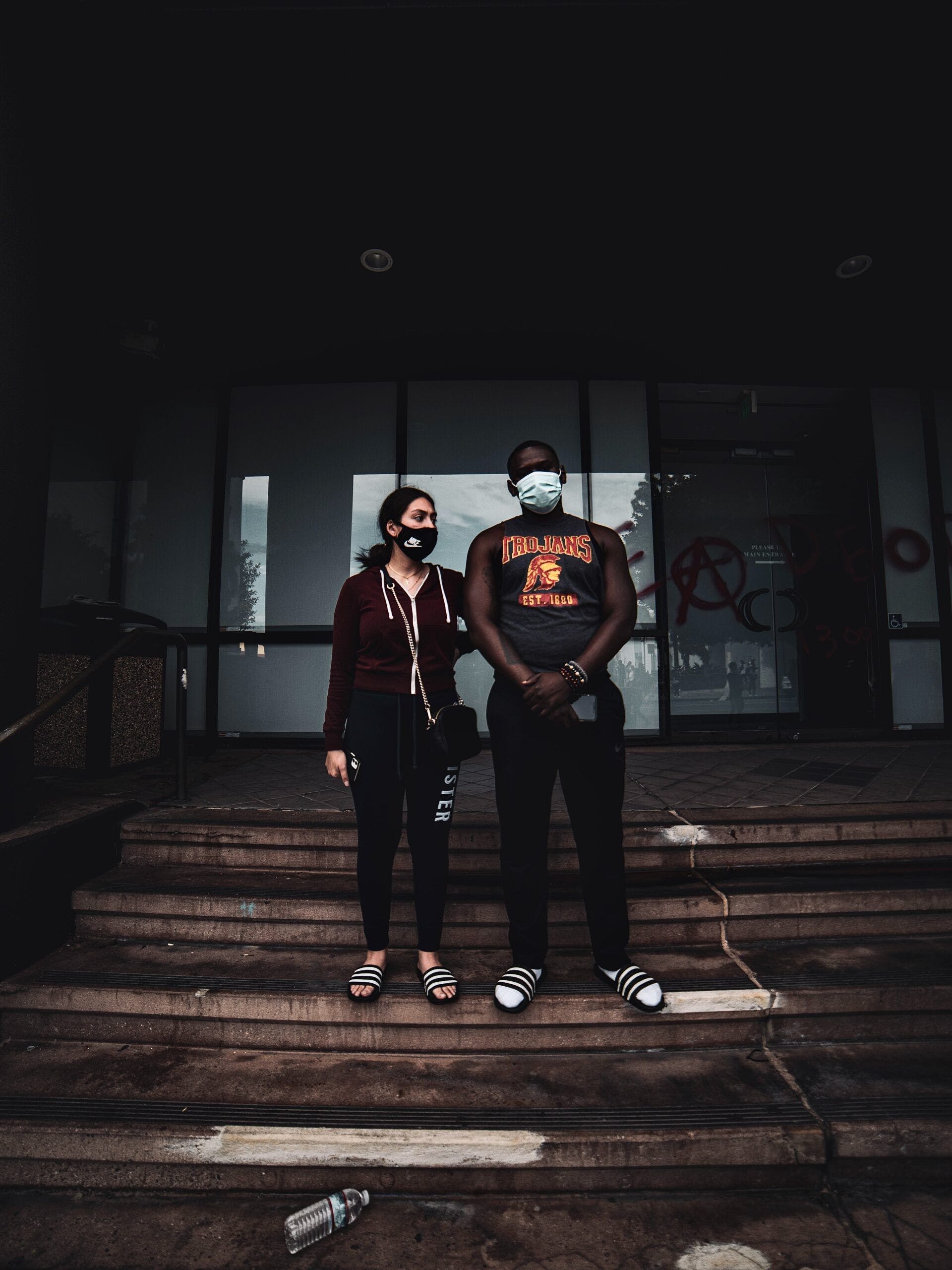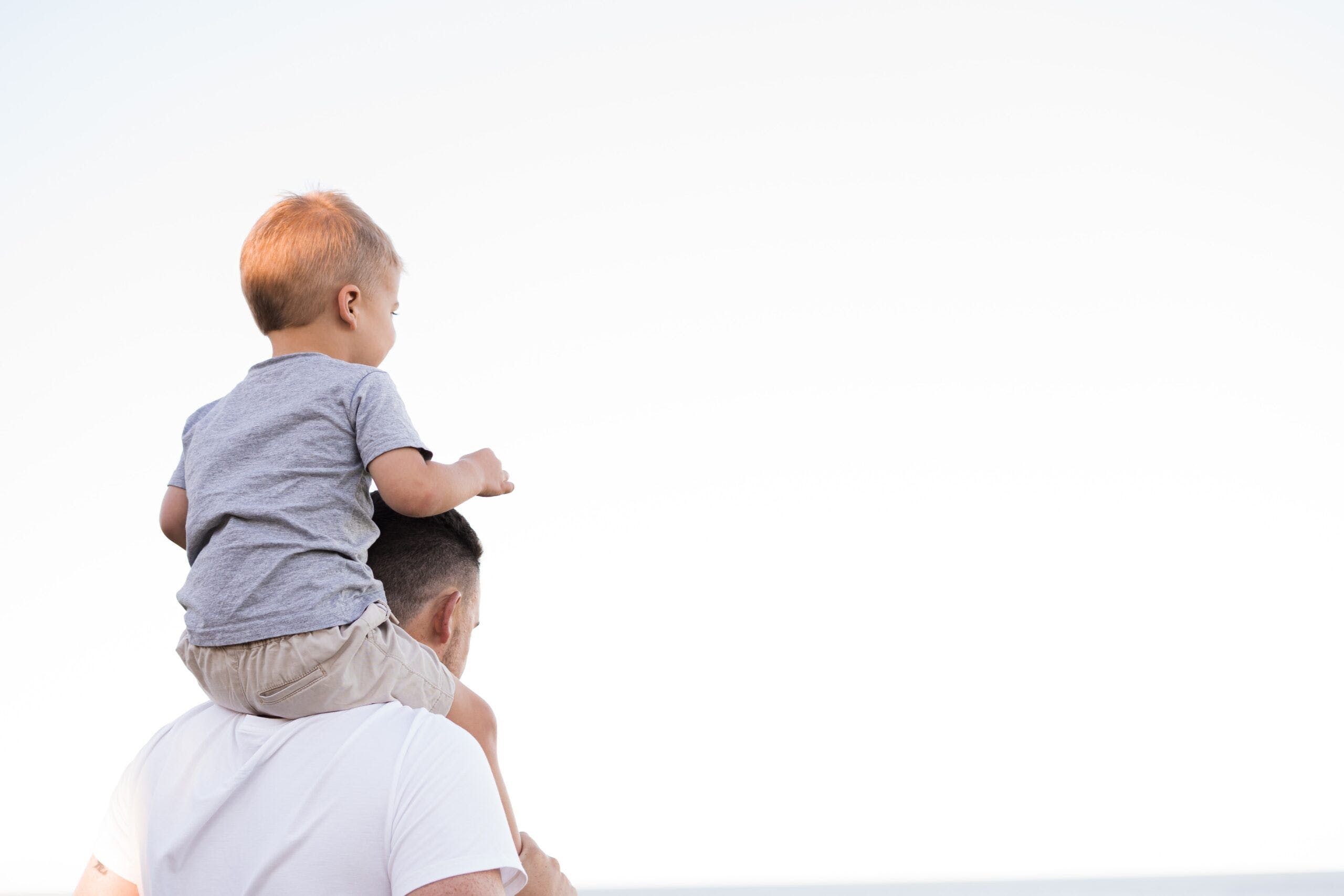As the whole world continues to battle the COVID-19 pandemic, health experts are relentless in their advice to practice proven and effective health protocols like physical distancing, personal hygiene practices such as handwashing and use of alcohol-based sanitizer, environmental sanitation and disinfection, and the use of face coverings from the simple cloth masks many of us are wearing to full-on respirator masks that some in the most extreme environments are having to wear in order to keep them safe while they are at work.
The wearing of face masks or cloth face coverings in particular, is recommended for all individuals who go outside of their homes or protected personal spaces. However, many are either still not complying with such directives from health officials or may be using face masks in an incorrect manner, thus undermining their effectiveness. Others also seem to believe false information about face masks, which are typically spread by conspiracy theorists and misinformed individuals.
Here are just some of the top myths or misconceptions about wearing face masks and the truth behind them.
Face Masks Do Not Help in Preventing the Spread of the COVID-19 Disease
Experts have explained that wearing a face mask serves a dual purpose. If you are sick, a face mask helps prevent the spread of the SARS-CoV-2 virus that causes COVID-19, thus protecting the people around you. On the other hand, if you are not sick, wearing a cloth face covering also offers minimal protection that can help prevent you from catching the virus from other people who may be infected.
The first purpose is very important, considering that research has increasingly pointed to rising cases of asymptomatic carriers of the virus. These individuals may unwittingly spread the disease through regular activity such as talking, laughing, or even breathing. Thus, wearing masks are important for the mutual protection and welfare of everyone.
It Only Makes Sense If You Wear a Respirator-Type Mask
While it is true that any kind of covering for the nose and mouth is better than nothing at all, getting the best protection possible is most ideal. In this sense, respirators like N95 masks offer the best protection. However, respirators are currently in short supply in the US, so they are best left for use by medical workers, who need the most effective types of protective gear when treating individuals who have been infected by COVID-19.
For the purpose of preventing sick individuals from spreading the virus, cloth face coverings made of tightly woven fabric are often more than enough. The important thing is to catch most of a person’s respiratory droplets, on which pathogenic agents like viruses are carried, Innovative new products like antimicrobial face masks are even made so that the treated textile won’t be an ideal breeding ground for germs. These can be helpful in terms of preventing cross contamination while you’re waiting for the time when you can properly wash your cloth mask.
Wearing a Mask Will Increase My Intake of Carbon Dioxide and Make Me Sick
The use of respirators and face masks has been a standard practice among healthcare professionals for decades, and there has been no proven detrimental effect to one’s health or respiratory function. Experts assure that properly wearing a face mask will not lead to oxygen deprivation or carbon dioxide intoxication.
Nevertheless, different people have different levels of comfort, so it would help to choose the best kind of face covering that suits you. Some may prefer medical-grade face masks but others may also feel more at ease with cloth-based face coverings.
Wearing a Mask Will Weaken My Immune System
There are some people who believe that exposure to pathogens actually cause the body to build a strong defense against them, so they make it a specific choice not to wear any sort of gear that they deem may prevent this beneficial exposure to disease-causing agents.
However, wearing masks has not been found to lead to a compromised immune system. Wearing a face mask will neither make your condition any worse nor prevent your immune system from recognizing diseases.
Physical Distancing Is No Longer Necessary as Long as People Are Wearing Face Masks
Experts emphasize that there is no single solution to preventing the spread of the coronavirus disease. Wearing face masks should still be complemented by other protocols such as frequent handwashing and following physical distancing measures, especially in crowded environments. Face masks only mostly serve to prevent respiratory droplets from being ejected into the air, but they will not fully protect wearers from inhaling such droplets. Similar to the idea behind wearing masks, following physical distancing measures is not only for your sake but for others as well.
As the popular saying goes, an ounce of prevention is worth a pound of cure, and this has never been proven to be more true than in this age of the COVID-19 pandemic. While there still seems to be no end in sight to the global pandemic, all we can do is continue mitigating the risks of transmission and infection through preventive measures such as wearing face masks, washing our hands, disinfecting our spaces, and keeping physical distance.



Comments are closed.